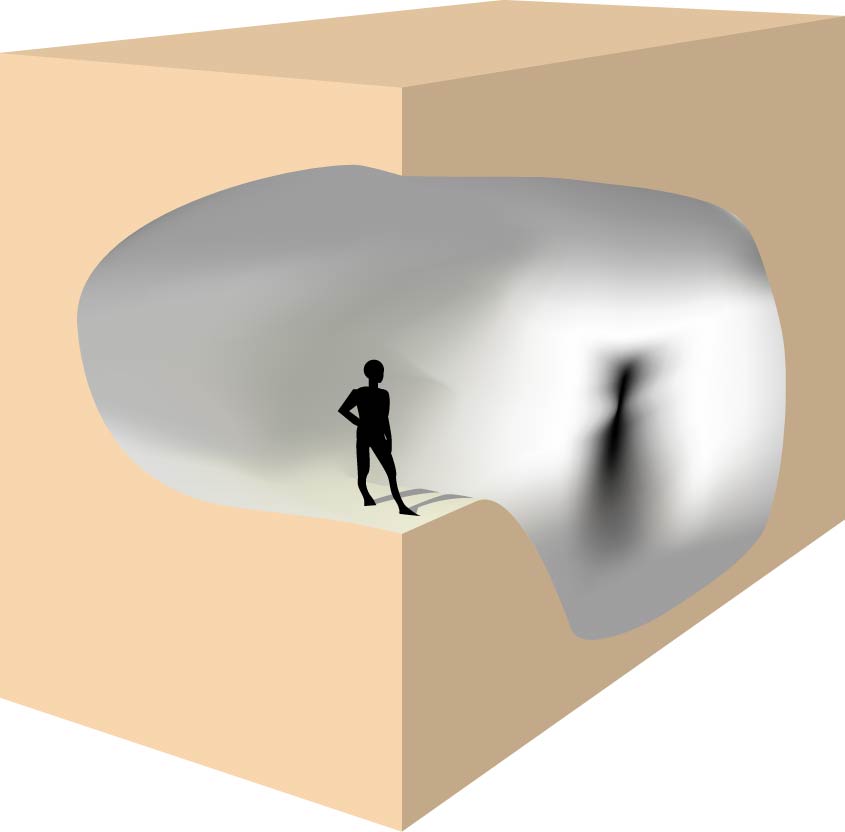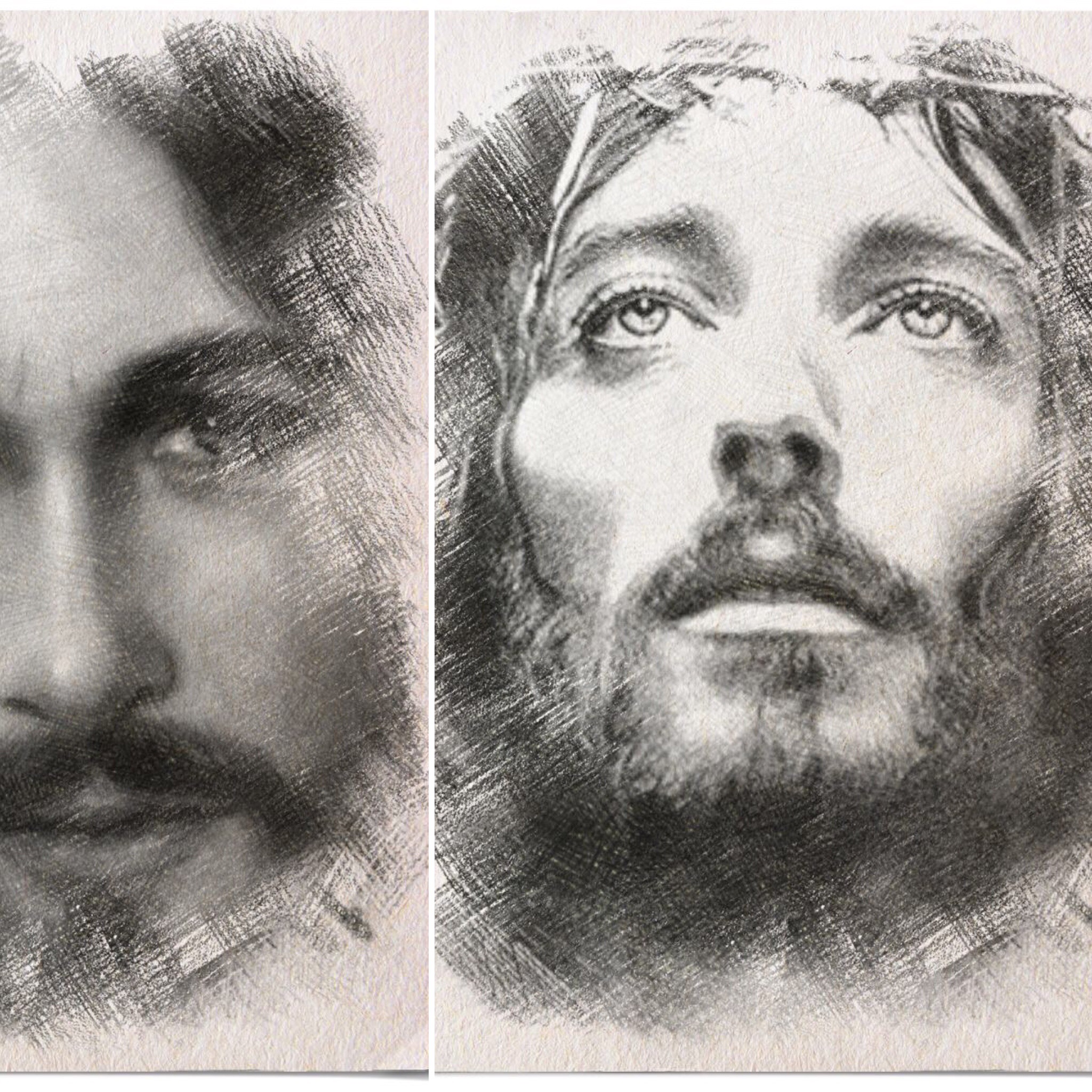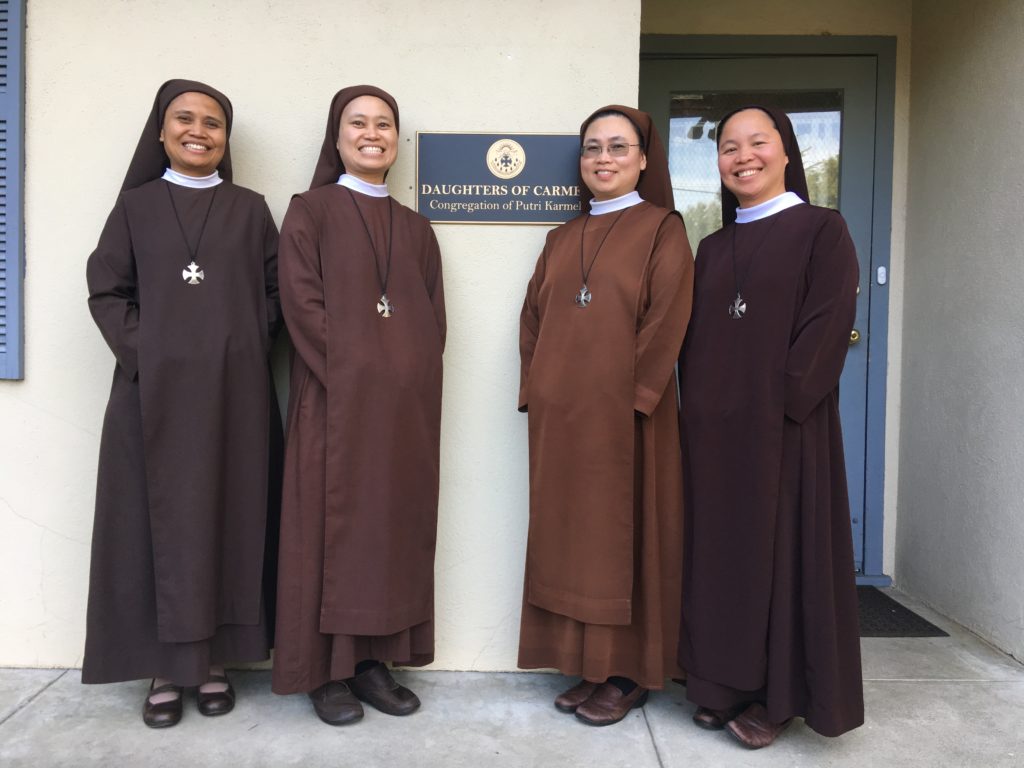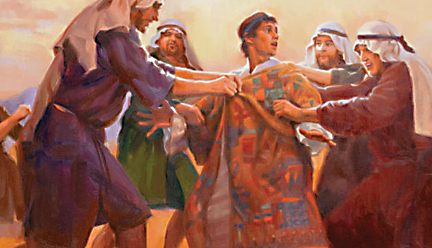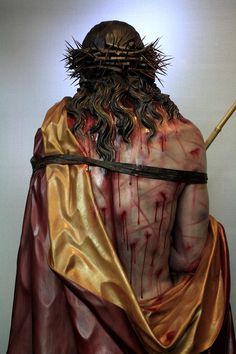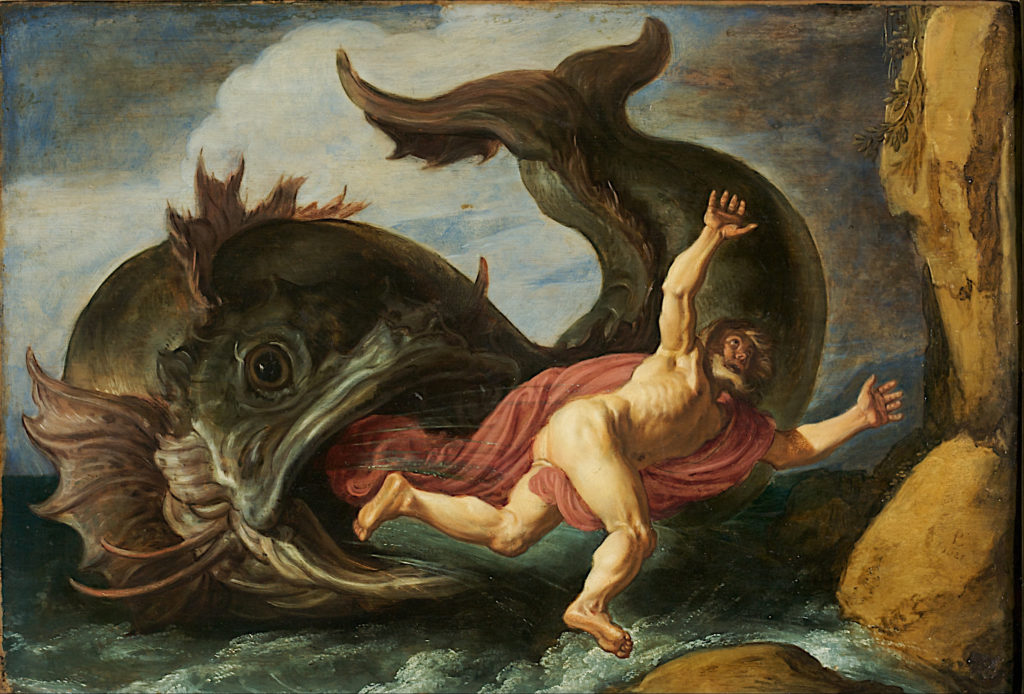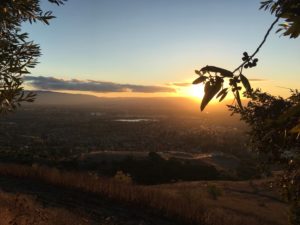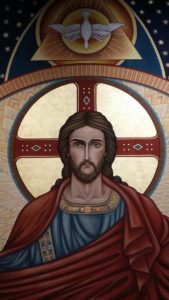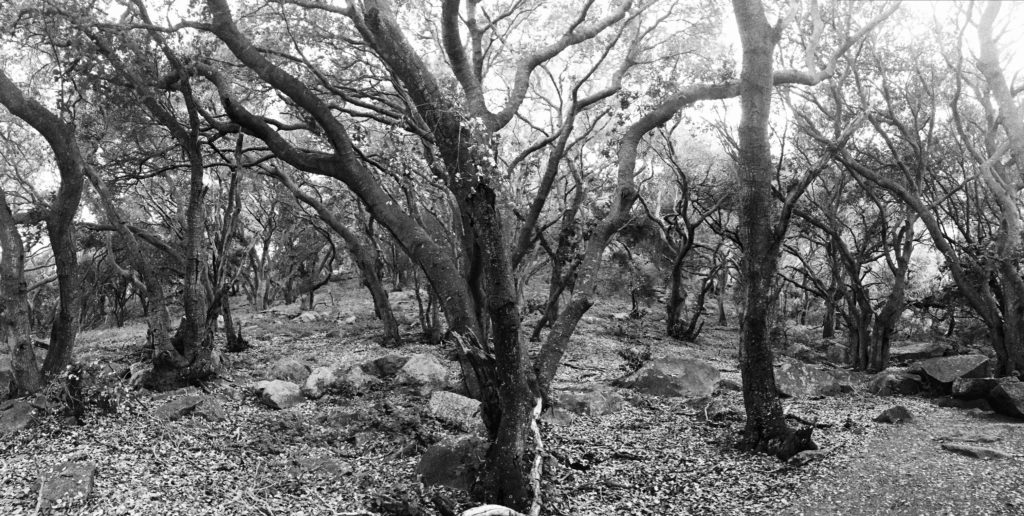
In the Second Mansion, after the high honeymoon, perhaps similar to that of the three apostles of the Transfiguration, the soul is now confronted with aridity, which means dryness and trials. The soul can easily become discouraged. For example, now, one can become far more aware of oneself and one’s own issues than ever before because Jesus says to the soul, ‘Now that we have a personal relationship and I have proven to you how good my love is, how good I am, how worthy of trust I am, now that you’re following me let’s take some time to clean things up.’
We go through this desert of aridity and all that we can seem to be aware of is that we’re no longer receiving lights about coming to know God and His greatness in different ways. We are no longer relishing the different ways in which we learn about the things of God and the new experience of joy that brings into our life.
Now that it’s dry, I’m starting to see myself in a new light, and I recognize the areas for improvement and need for growth and healing that I wasn’t aware of before. I didn’t even know I had these issues. I didn’t even know I had these needs that needed to be attended to.
Our Holy Father, Saint John of the Cross, provides the classic example of this experience as the light shining through the window. If the light isn’t shining through the window, the spots are hardly visible. But once the light shines through, you can see all the scratches, the spots, the smudges, and the nose marks from kids putting their face to it. All of that is visible now.
When a person experiences these things and has become far more aware of these issues in his life, he wonders ‘What’s happening to me? Is this normal? Where do I go from here?
Discouragement can easily settle in and part of this is spiritual pride. Because the soul has experienced consolations, new pastures and prosperity in the Holy Spirit, the soul can become pompous. And when the soul sees its faults and defect in a clearer light than before, that same pride becomes scandalized at itself and very discouraged. Often times, more often than not, discouragement comes from spiritual pride – because we relied on ourselves and now we’re surprised that we couldn’t do it on our own.
Also, at this time, the devil tempts the soul to return to his former ways – go backwards. The evil one says, ‘You don’t have to be this. You don’t have to be a fanatic after all. Just be a decent Christian like everybody else. Live a normal life. Just go to church on Sunday. You don’t have to be going everyday, you don’t have to be going to adoration. Just be a normal Catholic.’
The devil tempts the soul to go backwards, to give up, and it uses thoughts of false humility to do so. False humility is prevalent in the Second Mansion, and it works against. Saint Teresa talks a lot about false humility.
The enemy can even be as audacious and cruel as to say as the Accuser, ‘You can’t do it! You’ll never make it! You’ll never be free! You really belong to me! This whole religious thing is just a phase! Give it up.’ That’s very real.
SOURCE: Teresa 5, Copyright 2018, Father Robert Barcelos, OCD

